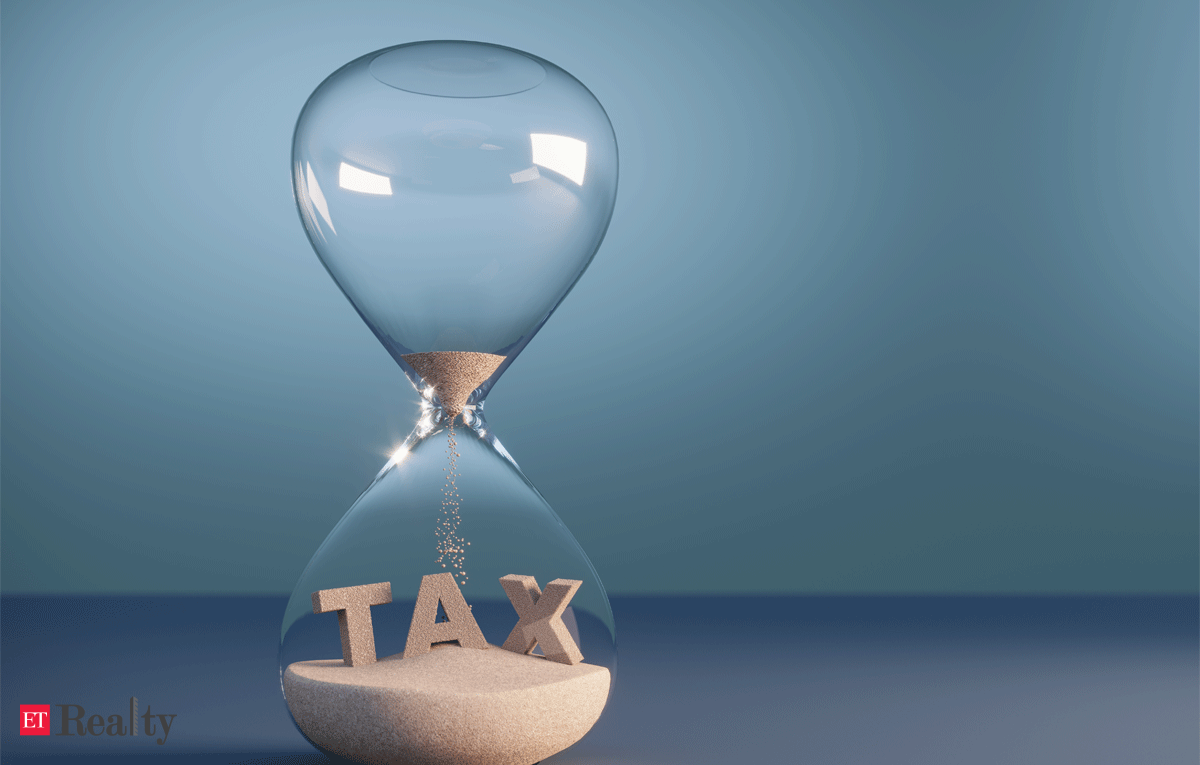The removal of indexation benefits from real estate transactions will turn out to be beneficial for taxpayers when it is seen through the prism of “actual market dynamics” rather than plain mathematics, CBDT Chairman Ravi Agrawal said on Wednesday. The head of the direct taxes administration in the country told in a post-budget interview that the department did “some calculations” in this context before the measure announced by Union Finance Minister Nirmala Sitharaman on Tuesday in Parliament.
Agrawal also underlined that the new system says there will be “less tax obligation” for a taxpayer here.
The Budget 2024-25 has reduced tax rates on capital gains earned from the sale of house properties held for the long term but has removed the benefit of indexation available to taxpayers.
The LTCG (long-term capital gains) has been reduced from 20 per cent with indexation benefit to 12.5 per cent without indexation for the real estate sector.
Indexation is a mechanism to adjust the purchase price of an investment like a house to reflect the effect of inflation on such assets.
Over the concerns raised by a section that feels taking away indexation will affect the real estate market adversely, Agrawal asserted that “practically, in most of the cases, the new scheme would be beneficial”.
He said there were demands from various quarters and taxpayers to “simplify” the capital gains regime.
The CBDT Chairman said the intention of this Budget measure is to make this process simple as any “complicated structure brings with it disputes also”.
Let us see practically, the Central Board of Direct Taxes (CBDT) chief said, what is there in the market currently.
“Take the case of real estate, the property rates or gains have gone up in the last ten years substantially. Now, compare your indexation with the new regime in the last 10 years, suppose you bought a property in 2014, and you are selling it in 2024-25. The benefit of indexation would be only 1.5 times.
“So, consider if the property is some X, the index cost of the evaluation will be 1.5 times…in 10 years, it will only be going up by 1.5 times,” he noted.
Now, we (CBDT and Income-Tax department) have done some calculations and found that if the property rate has gone up by three times in 10 years, the new tax regime (as announced in the Budget) is beneficial, the CBDT chairman said.
“Practically, in most of the cases, property rates have gone up by more than three times. Leave aside the mathematics that says that if in ten years, the property rate has gone up two times or one-and-a-half times, then what happens and so on…the reality is that the property rates have gone up beyond three times and in realty sectors…tier one and tier two cities…circle rates have gone up…even the market rates.
“Property rates have gone up by much more in 20-25 years for 2001, as the base, and now in 2024, in these 23 years, if the property rate has gone up by seven times or seven-and-a-half times, then the new regime is beneficial. So, maths aside, when you come to the actual market, you find that the new tax regime is better,” he said.
Effectively, Agrawal said, the obligation of tax is less (in the new regime).
“We have been living with this indexation regime for long and have got used to it, and it has come into our psyche. But, if we actually start analysing it, not from the mathematics point of view, but from the actual market dynamics, then one would find that this scheme is better,” he said.
The CBDT chief said the new regime is also aimed at simplification of the process — one which should be easy to comprehend (for the taxpayer), easy to implement (for the tax department), and it also targets disputes arising out of “multiplicity of provisions” are minimised.
He added that in the case of old properties, the grandfathering clause, as per the 2001 indexation of fair market value, would be applicable.
The Budget has retained the indexation benefit for taxpayers on properties bought or inherited before 2001. However, the LTCG indexation proposal has been given effect “with immediate force”.
Questioned about the rationale for the Budget hike in the securities transaction tax (STT) on futures and options (F&O) trade from October 1, the chairman said an “exponential increase in the transactions” here was being witnessed.
It was seen that “everyone was participating (in F&O)…there are more risks involved in this and also the fact that if there’s so much participation, can we actually tap some revenue from that?”
That being one reason, the other is the question do we promote that? We have seen a tendency, and should we say that it is okay or we should come up with a regime that normalises (the system), he added.
The STT increase in Budget came a day after the Economic Survey flagged concerns over rising retail investors’ interest in derivative trading.
The survey said that speculative trade has no place in a developing country. It also stated that the sharp increase in retail investor participation in F&O trading is likely driven by humans’ gambling instincts.
Source Homevior.in




